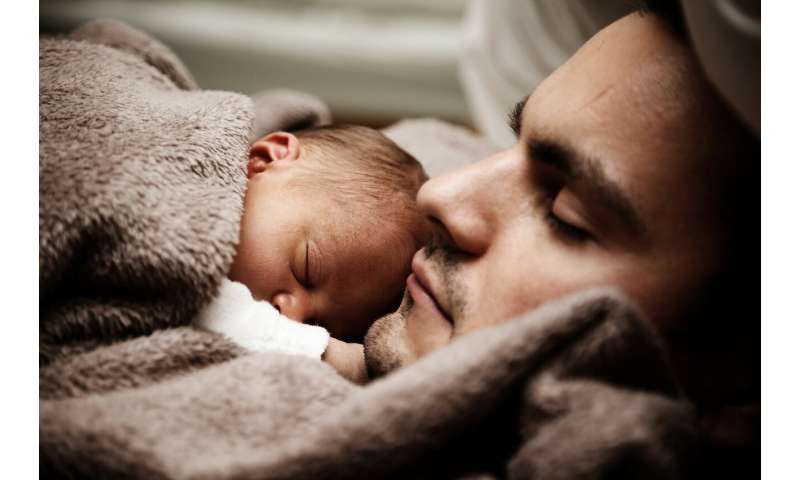
Babies born into bilingual homes change the focus of their attention more quickly and more frequently than babies in homes where only one language is spoken, according to new research published in the journal Royal Society Open Science.
The study, led by Anglia Ruskin University (ARU), used eye-tracking technology to record the gaze of 102 infants carrying out a variety of tasks.
The researchers chose to test babies aged between seven and nine months to rule out any benefits gained from being able to speak a second language, often referred to as the “bilingual advantage”. Instead, the study focused on the effects of growing up hearing two or more languages.
When shown two pictures side by side, infants from bilingual homes shifted attention from one picture to another more frequently than infants from monolingual homes, suggesting these babies were exploring more of their environment.
The study also found that when a new picture appeared on the screen, babies from bilingual homes were 33% faster at redirecting their attention towards the new picture.
Lead author Dr. Dean D’Souza, Senior Lecturer in Psychology at Anglia Ruskin University (ARU), said: “Bilingual environments may be more variable and unpredictable than monolingual environments—and therefore more challenging to learn in.
“We know that babies can easily acquire multiple languages, so we wanted to investigate how they manage it. Our research suggests that babies in bilingual homes adapt to their more complex environment by seeking out additional information.
“Scanning their surroundings faster and more frequently might help the infants in a number of ways. For example, redirecting attention from a toy to a speaker’s mouth could help infants to match ambiguous speech sounds with mouth movements.”
Source: Read Full Article
